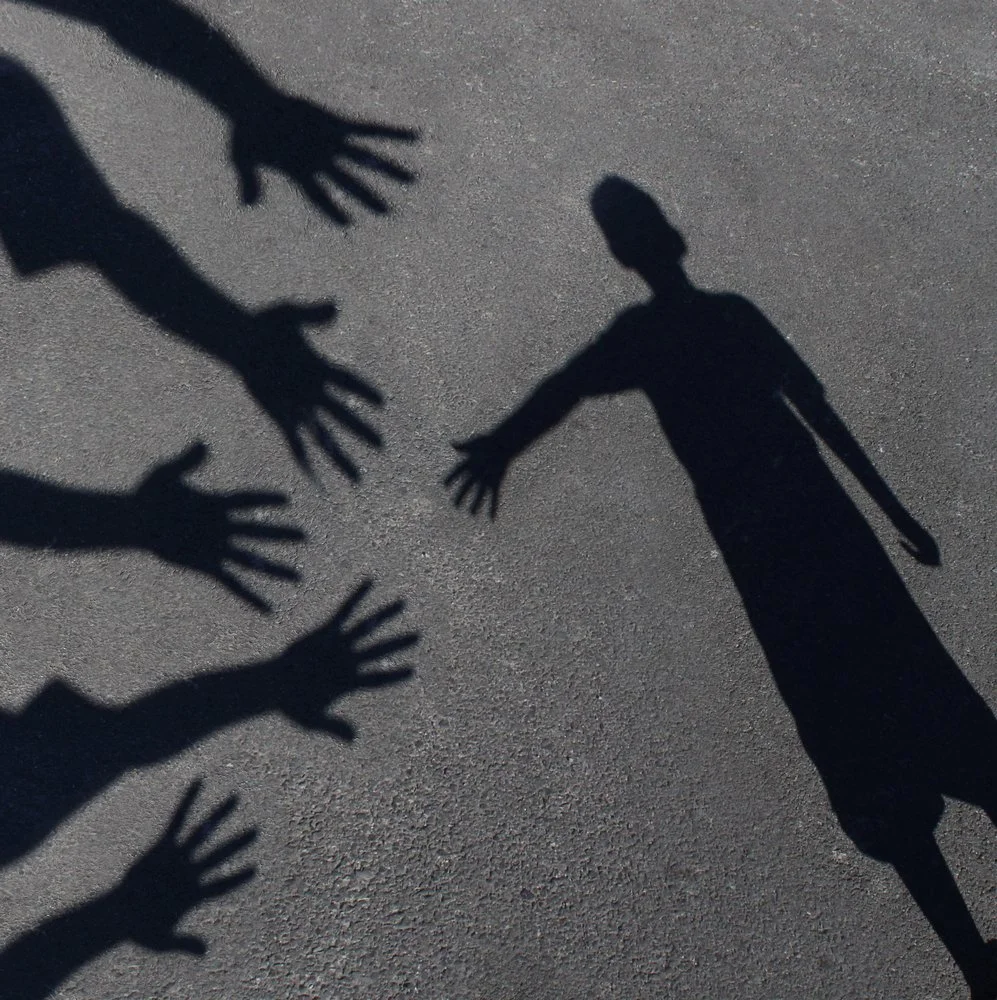Rose Colored Glasses
Have you ever gone through a challenging time in your life (who hasn’t!?) I have. A common refrain I hear—whether in my own head or in someone else's voice—is that someone else has it a lot worse than you.
It reminded me of the saying in Hayom Yom: in material matters, look toward those who have less than you; and in spiritual matters, look toward those who are on a higher spiritual plane.
I always understood this message as an ideal way of developing a healthy perspective on life—a way of putting on the correct pair of rose-colored glasses to navigate challenging times and avoid becoming complacent in one's accomplishments.
That was until I read a paragraph in Edith Eger’s The Choice—a life-transforming account of an Auschwitz survivor's journey to healing. In her book, she writes that the above attitude is actually inauthentic and diminishes one’s own suffering:
“This kind of comparison can lead us to minimize or diminish our own suffering. Being a survivor, or being a ‘thriver,’ requires absolute acceptance of what was and what is. If we discount our pain, or punish ourselves for feeling lost or isolated or scared about the challenges in our lives—however insignificant these challenges may seem to someone else—then we’re still choosing to be victims. We’re not seeing our choices. We’re judging ourselves. I don’t want you to hear my story and say, ‘My own suffering is less significant.’ I want you to hear my story and say, ‘If she can do it, then so can I.’”
I would add: What are the tools she used? What are the lessons she learned?
I went back to the Hayom Yom and reread it. I was fascinated to discover all the other words that didn’t ring with me until I viewed them through her lens.
Here is the text, and how I now understand it:
“In material matters, a person should look at someone lower [i.e., less fortunate] than himself, and thank G‑d, Who is gracious, for His kindness to him. In spiritual matters, a person should look at someone who is on a higher level than himself, and petition G‑d to grant him the proper understanding to learn from that person, and the strength and fortitude to elevate himself, level after level.”
In material matters, the ideal perspective is to recognize that despite our challenges or material limitations, G‑d has provided for us and shown us kindness. Our challenges are exactly the ones we need to live our lives fully and fulfill our unique purpose on this earth. Our limitations require gratitude and perspective.
When we see others who have less and yet live their lives meaningfully, it is because they have chosen to see their life in alignment with this profound value: that each of us is given what we need to fulfill our purpose.
When it comes to those who have more—especially spiritually—the Rebbe writes clearly that our objective is to learn from them and empower ourselves to grow. Not to be envious, but to be inspired.
The clarification for me from this deeper understanding is that this is not just a tactic—a pair of rose-colored glasses to help us cope. Rather, it is a truth about how things really are, both in times of struggle and in times of blessing. It applies equally when reflecting on those who have less than us and those who are spiritually more accomplished.
With blessings for deep reflection this Shabbos!
Continue Reading











